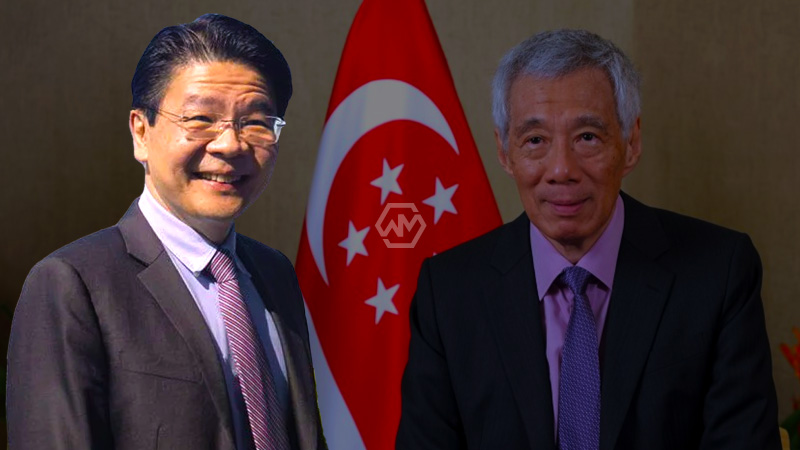- Lawrence Wong is scheduled to take the oath of office as the country’s fourth prime minister on Wednesday.
- The PAP has carefully orchestrated Wong’s rise to prominence.
- Lee plans to continue as a senior minister.
Lawrence Wong, Singapore’s deputy leader, is scheduled to take the oath of office as the country’s fourth prime minister on Wednesday. After 20 years in charge, Lee Hsien Loong stepped aside, and Wong, an economist with training in the United States, took over.
With his departure, Lee put an end to the family dynasty that had for thirty-one years, during his father Lee Kuan Yew’s leadership, turned Singapore into a prosperous and business-friendly nation.
PM of Singapore
Wong, a former civil servant who entered politics, gained notoriety for leading Singapore’s victorious counteroffensive against COVID-19. While he wasn’t initially considered for the position, the People’s Action Party (PAP), which was in power at the time, chose him to fill the void in 2022 and swiftly elevated him to deputy prime minister.
The PAP, one of the political parties with the longest history in the world and a reputation for efficient and transparent administration, has carefully orchestrated Wong’s rise to prominence.
As he gets ready for his first major test—the general elections, which are scheduled for 2025 but are most likely to be called this year—Wong has managed to hang onto his finance post and the Cabinet. He elevated Trade Minister Gan Kim Yong to the position of one of the two deputy premiers before taking office. Heng is the other deputy.
Like all previous premiers, Lee plans to continue as a senior minister. Even though Wong is certain to win, she has to secure a bigger victory because the PAP’s declining standing in 2020 polls was a result of voters’ growing dissatisfaction with the administration.
Wong was born in 1965, seven years after Singapore earned its independence from Malaysia. He was awarded a scholarship to study in the United States and graduated with two master’s degrees, one in public administration from Harvard University and one in economics from the University of Michigan.
To give Singaporeans a voice in creating a more inclusive, dynamic, and well-balanced agenda for the coming generation, he has introduced the Forward Singapore initiative.



